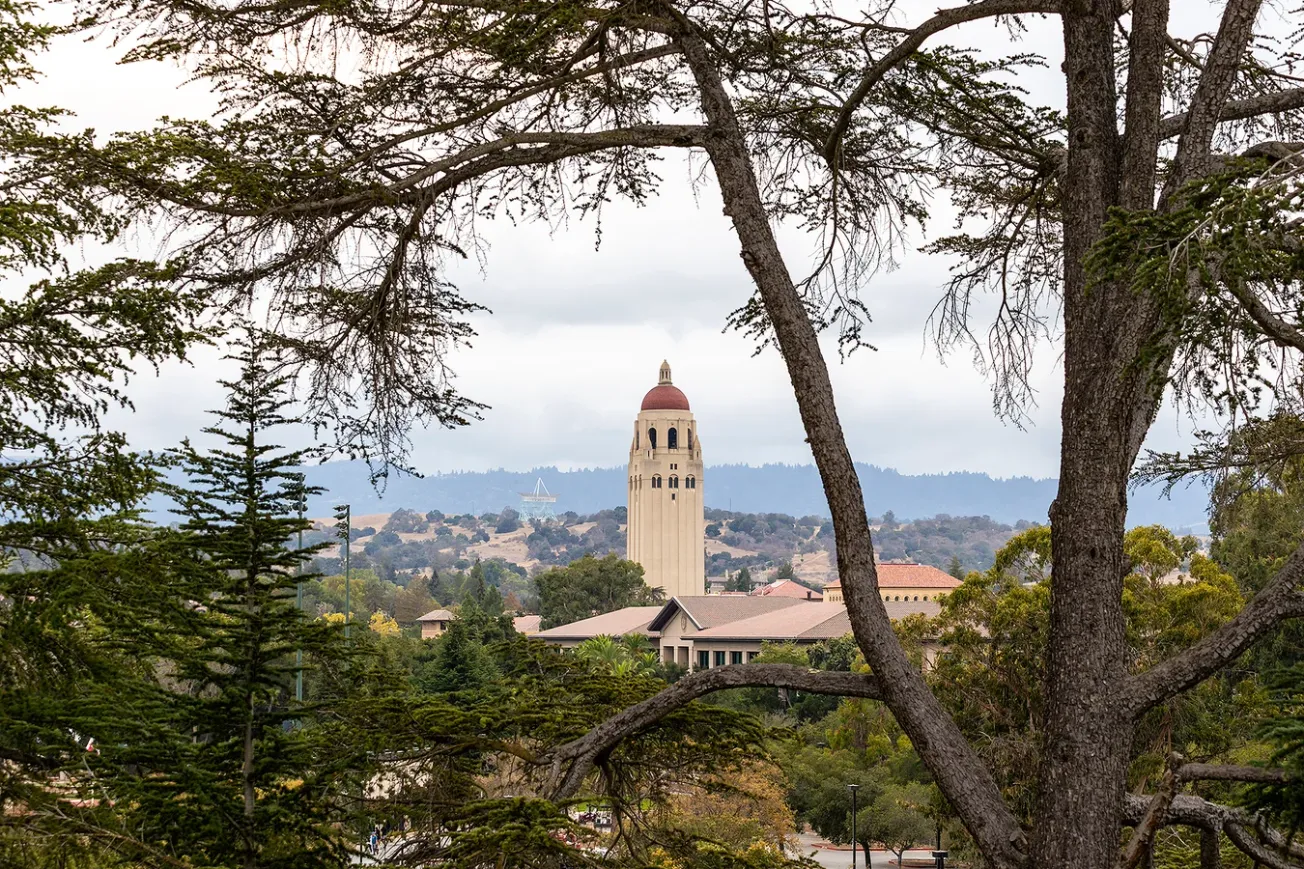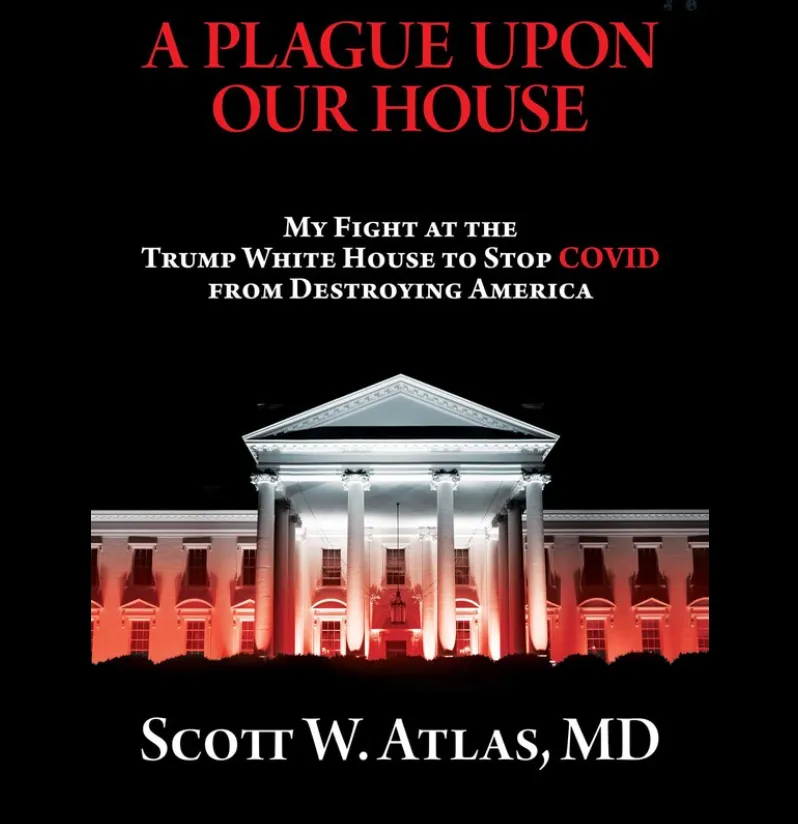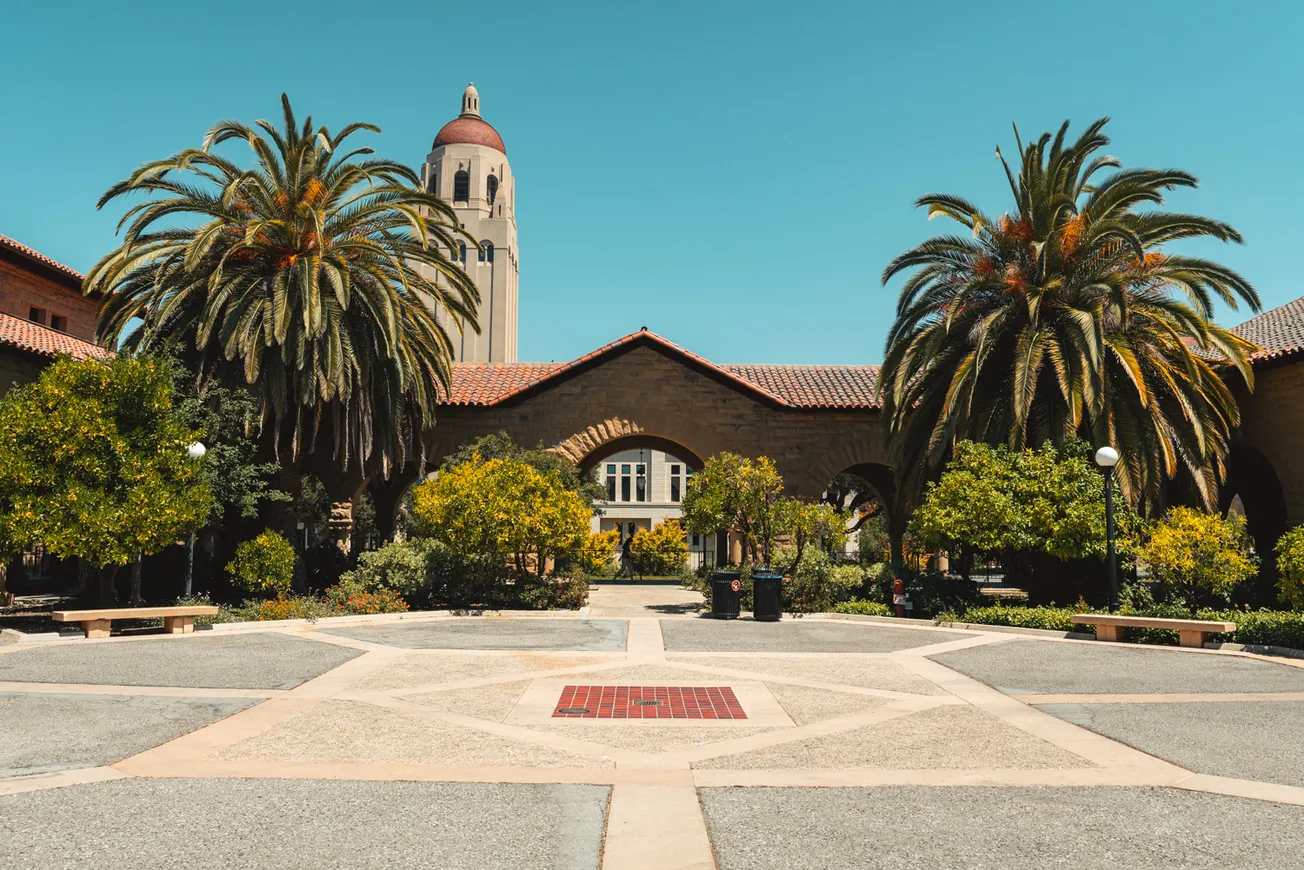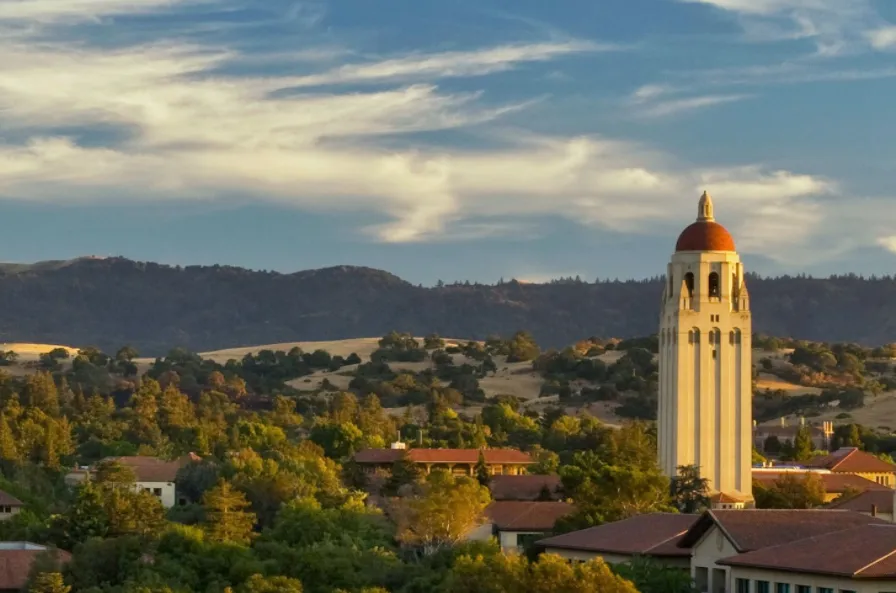Table of Contents
The Stanford course catalog can be intimidating: With over 4,000 classes offered this fall, it may be hard to choose how to fill your schedule with worthwhile, engaging, and rigorous courses. We at the Review have compiled our favorite classes from current and past staffers. We hope our recommendations help you explore the best of what Stanford has to offer.
1. Philosophy and Ethics:
PHIL 80: Mind, Matter, and Meaning
Professor Antonia Peacocke. 5 units.
Mon/Wed 3:00-4:20 pm
This philosophy course introduces students to big questions in metaphysics, epistemology, and philosophy of mind, preparing you for advanced philosophical study. You'll explore topics like personal identity, the nature of consciousness, and the complexities of belief. Course readings include works by thinkers such as John Locke, Bertrand Russell, and contemporary philosopher David Lewis. As you grapple with these challenging ideas, you'll engage in thoughtful discussion and significantly improve your writing abilities. Fulfills WAYS-AII.
PHIL 100: The History of Ancient Greek Philosophy
Professor Christopher Bobonich. 4 units.
Tues/Thurs, 12:00-1:20 pm
To understand Greek philosophy is to understand the foundations of all Western thought. This course on Plato, Aristotle, and other Hellenistic schools (the Epicureans, the Stoics, and the Skeptics) is the perfect way to get acquainted with topics such as epistemology, metaphysics, psychology, ethics, and political theory. If you want to be profoundly aware of the inner workings of the world around you, do not miss the opportunity to take this incredible class! Fulfills WAYS-AII.
GERMAN 57N: Nietzsche and the Search for Meaning
Professor Matthew Smith. 3 units.
Tues/Thurs 10:30-11:50 am
Former Review editor-in-chief Mimi St Johns ‘24 recommended this IntroSem as an excellent introduction to the philosophy of German thinkers Nietzsche, Schopenhauer, and Kant. She noted, "You also learn a bit about 1800s German History and Wagner. It's a good intro into applied philosophical concepts for freshmen." While IntroSem applications have closed, emailing the professor is always worth a try!
2. History, Political Science, and International Relations:
HISTORY 207B: The Irish and the World
Professors Robert Crews and James Daughton. 4-5 units.
Tues/Thurs 1:30-2:50 pm
Julia Steinberg '25 says, "The Irish and the World is a fantastic class for all Hibernophiles. Combining history and literature, this class gives students an in-depth background of the last 500 years of Irish history. Another great pick for EDP (of course, you learn about why this may be the case re: Irish immigration to the U.S.) And, you get a lot of flexibility for the final paper: I wrote mine about dirt."
HISTORY 252: Originalism and the American Constitution: History and Interpretation
Professor Jonathan Gienapp. 4-5 units.
Wednesday 4:30-7:20 pm
Professor Gienapp's classes are a mainstay on Review course recommendation lists—for good reason. Students in his classes can expect rigorous debate, fascinating readings of primary sources, and high-level discussion. Former Review editor-in-chief Walker Stewart ‘24 notes, “Originalism’s rapid rise from crackpot theory to the dominant method of interpreting the Constitution has been one of the great victories for conservatives in the past generation. But with the vanguard of the conservative legal movement questioning the value of originalism as a method for preserving the republic and the legal left’s effort to repackage their goals in originalist language, its future is in flux. Gienapp’s class gives a fascinating tour through the framing of the Constitution and the fight to define its meaning in the present day.” Fulfills WAYS-SI and WAYS-AII
HISTORY 3F/103F: Introduction to Modern Military History
Professor Gil-li Vardi. 3-5 units.
Tues/Thurs 10:30-11:50 am
This course covers the central concepts of modern warfare, including how wars have shaped the contemporary world from the Napoleonic era to present-day conflicts such as the war in Ukraine. It describes how industrialization and technological advancements have revolutionized warfare and compares the wars fought in the 20th and 21st centuries. Abhi Desai ‘25 says, “Vardi’s expertise in military history is matched by her fervent enthusiasm for the topic. Role-playing exercises allow students to think through military strategy themselves while understanding narratives behind the battles and wars that shaped history.”
POLISCI 235: Chinese Political Thought: 1895-2021
Professor Dongxian Jiang. 3-5 units.
Mon/Wed 11:30 am-12:50 pm
How has China gone, in a single generation, from being an impoverished, resource-poor country to one of the world's great powers? This course, taught through the lens of political theory and history, will be a primer on how China's past shapes its present and whether there is an alternative model of governance to liberal democracy. As former Review editor-in-chief Neelay Trivedi ‘24 notes, "understanding China's historical development is crucial for future US policymakers." This class will provide the crucial context for understanding contemporary US-China relations and possible conflicts in the future. Fulfills WAYS-SI.
AMSTUD 155/INTNLREL 115/POLISCI 115/PUBPOL 114: Spies, Lies, and Algorithms: The History and Future of American Intelligence
Professor Amy Zegart. 5 units.
Tues/Thurs 10:30-11:50 am
Professor Amy Zegart is a superstar. She is the Morris Arnold and Nona Jean Cox Senior Fellow at the Hoover Institution and a Senior Fellow at Stanford's Human-Centered Artificial Intelligence Institute and the Freeman Spogli Institute for International Studies. Professor Zegart specializes in intelligence and has even authored a bestseller with the same title as the class. The class focuses on all things American espionage and is a must-take for anyone even mildly interested in foreign policy. Fulfills WAYS-SI.
INTLPOL 340: Technology, Innovation and Great Power Competition
Professors Steve Blank, Joe Felter, and Eric Volmar. 4 units
Mon 1:20-4:20 pm
In this class, students explore emerging technologies and their implications for US strategic competition, focusing on the US-China relationship. You will use problem-solving methodology to tackle real-world national security challenges, ideating and prototyping technology-driven solutions in consultation with industry experts. The course provides hands-on experience in applying theoretical concepts to practical national security problems. Students will learn how technology shapes the global balance of power and how to craft strategic responses to complex international challenges.
3. Economics and Finance:
ECON 126: Economics of Health and Medical Care
Professors Jayanta Bhattacharya and Thomas MaCurdy. 5 units.
Tues/Thurs 4:30-6:20 pm
Prerequisites: ECON 50 and either ECON 102A, STATS 116, or the equivalent. Recommended: ECON 51.
Taught by two Hoover fellows, Econ 126 is a deep dive into the problems of health and medical care. Students will use economics to examine the demand for medical care and insurance, the health sector, healthcare labor markets and production, and epidemiology. Professor Bhattacharya is an incredible asset to the Stanford community. He cares deeply about all of his students and puts immense effort into his work and instruction. Any class with Dr. Bhattacharya is very worth taking. Fulfills WAYS-SI
ECON 1: Principles of Economics
Professor Pete Klenow. 5 units.
Mon/Wed 9:30-11:20 am
Not much explanation is needed. Everyone should have a basic understanding of economics! Many of our nation's failures are caused by people not having Econ 1-level knowledge. This course is always very well-taught and a great gateway into more fascinating economics courses. Fulfills WAYS-SI.
FINANCE 377: China's Financial System
Professor Zhiguo He. 3 units.
Tues/Fri 1:15-2:35 pm or 2:50-4:10 pm
In this capstone course on China's rapidly changing financial markets since the early 1990s, students learn about the details of China's economic liberalization process, how China integrated itself into global markets, and the recent challenges (geopolitical risks and domestic growth pressures). Topics include SOE reform, the banking systems, stock and bond markets, real estate, international trade, and US-China relations. Through lectures, research analysis, and guest speakers, students will come away with a deep understanding of China's economic transformation, as well as the current financial systems in China. Open only to graduate students and undergraduate seniors.
4. Art and Literature:
COMPLIT 37Q/JEWISHST 37Q: Zionism and the Novel
Professor Russell Berman. 3 units.
Tues/Thurs 1:30-2:50 pm.
Julia Steinberg '25 says, "Professor Berman is a true gem and articulates so beautifully how the world-building projects of both novels and nations intertwine. A great introduction to Comparative Literature and a great way to satisfy EDP and PWR 2."
ARTHIST 1B: How to Look at Art and Why: An Introduction to the History of Western Painting
Professor Alexander Nemerov. 5 units.
Monday/Weds 11:30 am-12:50 pm
Nemerov's intro art history course is a must-take for every Stanford student. This course not only teaches students how and why to look at art but also teaches them how to talk about art and how to curate one's taste in art. Nemerov's teachings profoundly affect each student's perspective of art and its influence on their environment and the world. Whether you are studying computer science, engineering, politics, or biology, everyone will want to be an art history major after taking this course. Fulfills WAYS-AII.
5. Interdisciplinary Studies:
ESF 17: What Can You Do for Your Country?
Professor Russell Berman and Ruth Starkman. 7 units.
Tuesday 9-10:20 am, Tues/Thurs 11:30 am-1:20 pm, and Friday 12:30-1:20 pm
This course, taught by friend of the Review Professor Berman, is a great way to learn more about how you can serve our country. You will read political speeches, articles, and excerpts throughout American history and worldwide. In class, you will discuss patriotism, sacrifice, and ethical systems that affect your worldview—all under-taught themes at Stanford. Professor Berman's class is an ideal way to learn more about our great country, all while fulfilling your WAYS-AII requirement.









